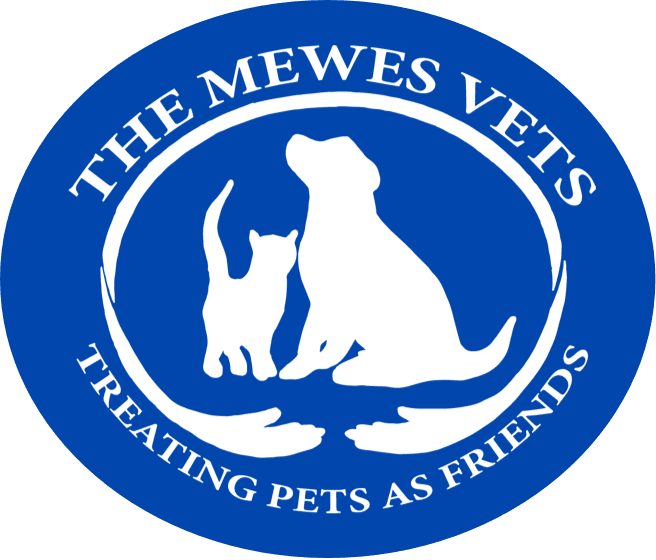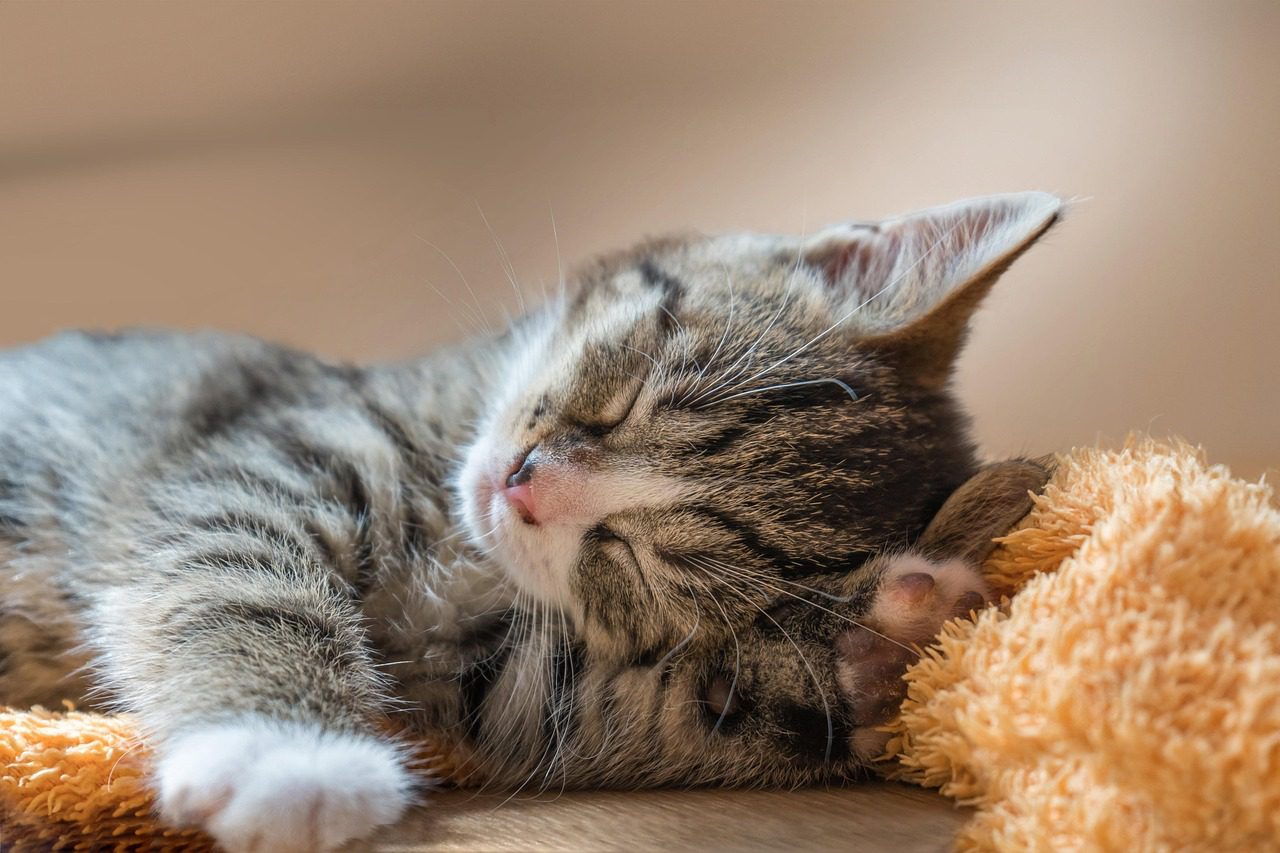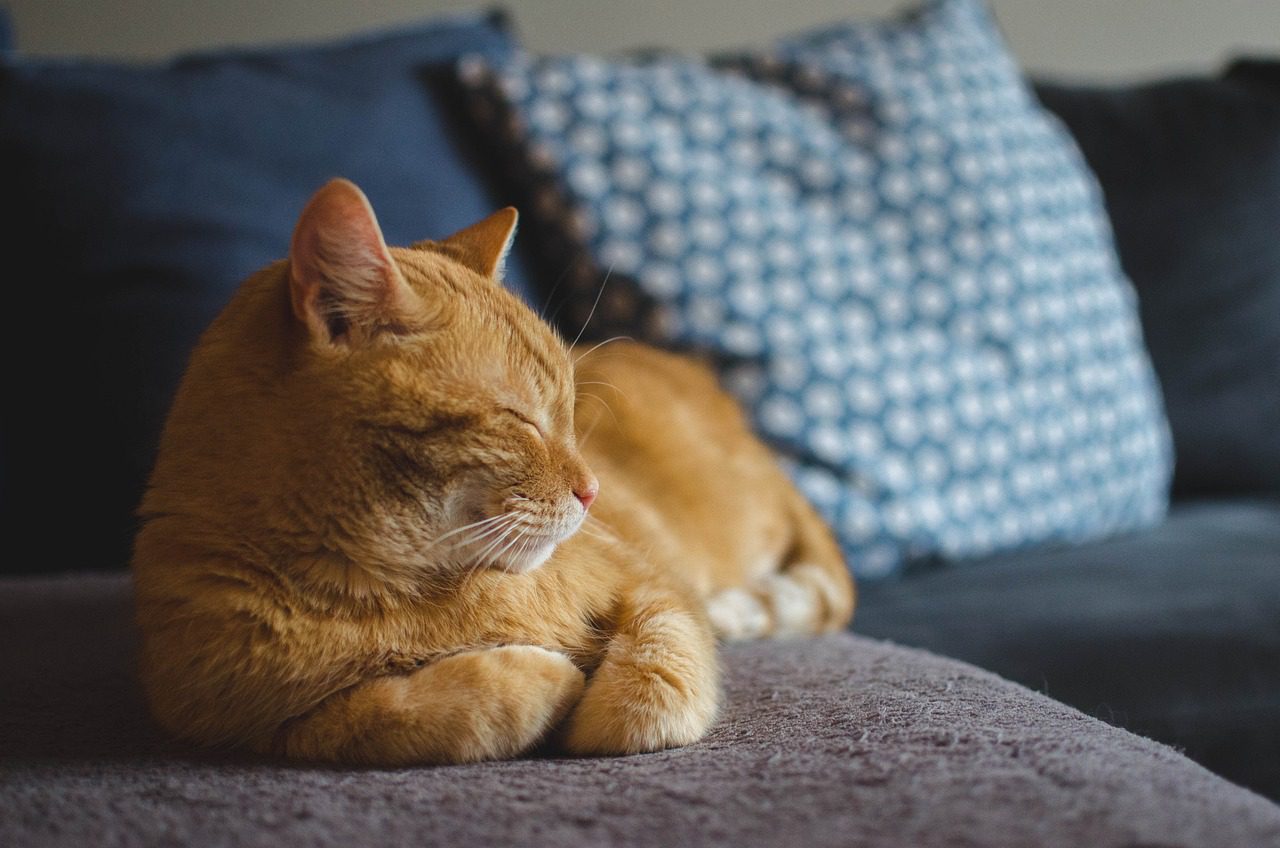One day, I was shadowing a very experienced Vet, Mr. Grigsby, and his patient was a Great Dane called Samson.
Great Danes are the ultimate gentle giant. This one was no exception, but he had lost the gorgeous beauty we associate with a Dane. Samson’s back sagged, his bones were showing, his head drooped and he had an enormous pot belly.
I was about three years into my six years of training as a Vet, and so had very little experience of illnesses and treatments.
I subsequently learnt that Danes rarely live past nine years, but this gentle soul was only six years old – he had hardly started to live by some breeds’ standards. Mr. Grigsby was not a person who wasted words on mere students, so I received a shock when he crawled under Samson, who patiently stood like a small pony in the treatment room, taking up nearly all the available space. Mr. Grigsby inserted a needle, without any anaesthetic, into Samson’s pendulous belly, and immediately a stream of clear liquid began to flood out.
He shouted for a jug, and started to collect the liquid, measuring its volume. Even he seemed surprised when we went up to four litres and more. Gradually Samson’s belly started looking less bloated, and his breathing and posture eased a little.
On Mr. Grigsby’s instruction, I went home that night to learn more about right sided heart failure and dilated cardiomyopathy from my textbooks. What I read was tragic. Samson’s destiny was not to live beyond another five weeks or so, and his condition is genetic. This meant he could have passed it on to some or all of the puppies that he had sired in his short life.
Back then there was little we could do to help once his heart condition was so severe as to have caused fluid to leak inside his belly, which, I learnt, is called ascites.
Now we have genetic testing becoming available to determine which members of a breed are at risk of developing this, and excluding them from our breeding programmes. Hopefully this may eventually lead to less majestic giants from experiencing shortened lives.
If you would like to know more about whether your pet would benefit from genetic testing, feel free to get in touch with the team at The Mewes Vets on 01444 456886 and we will gladly advise you.




